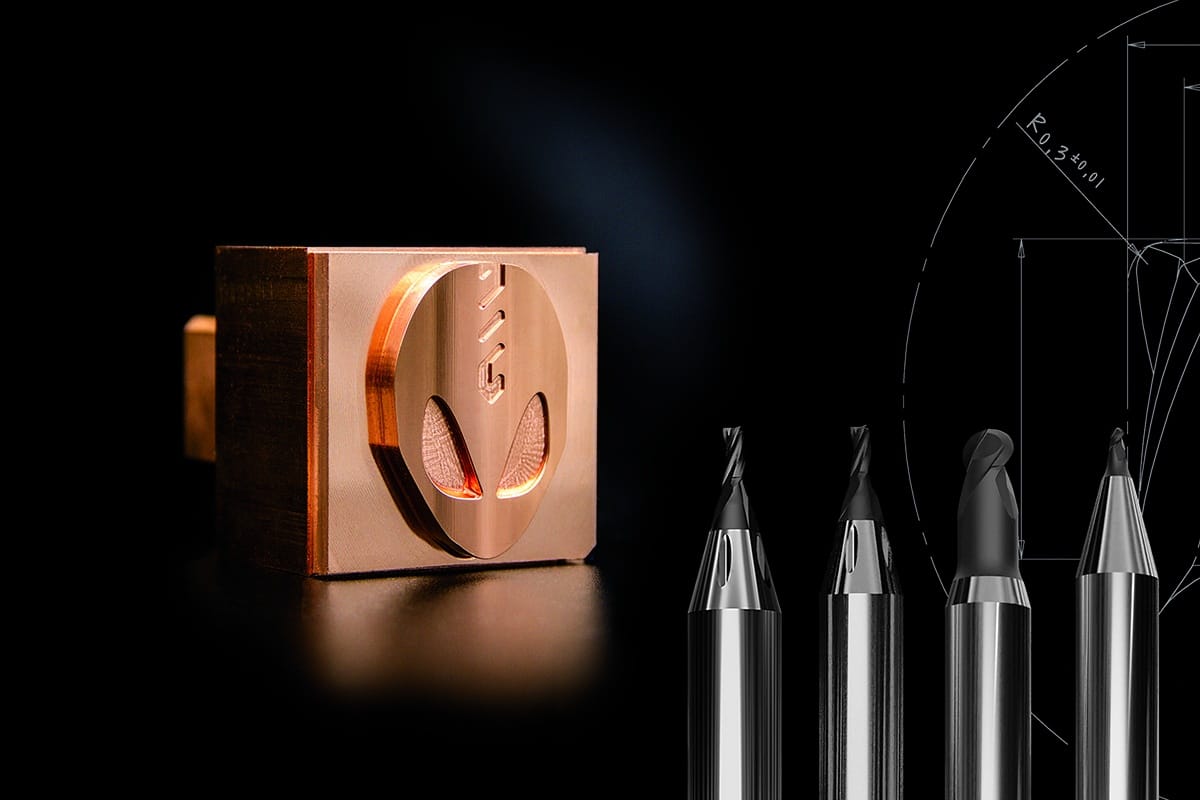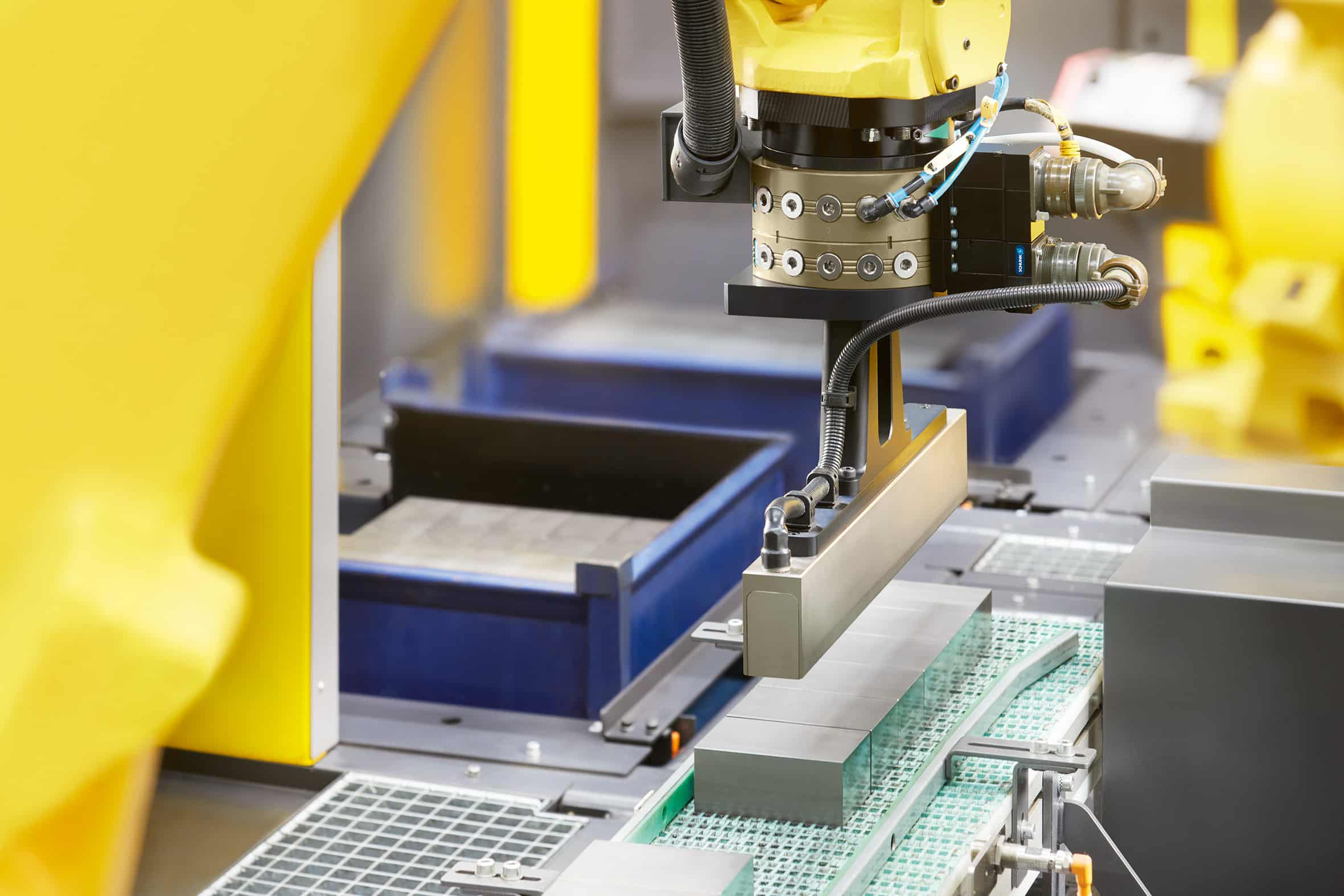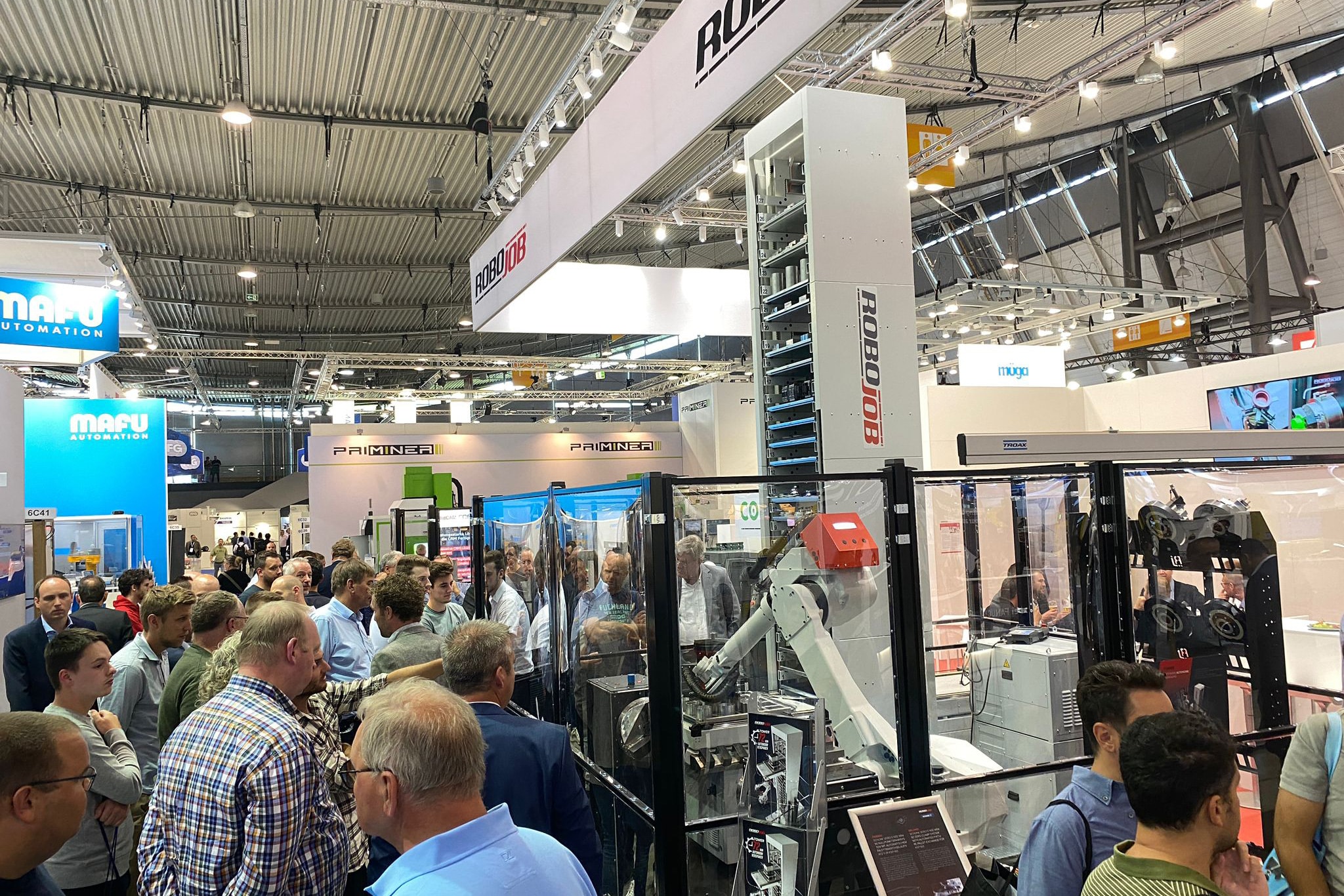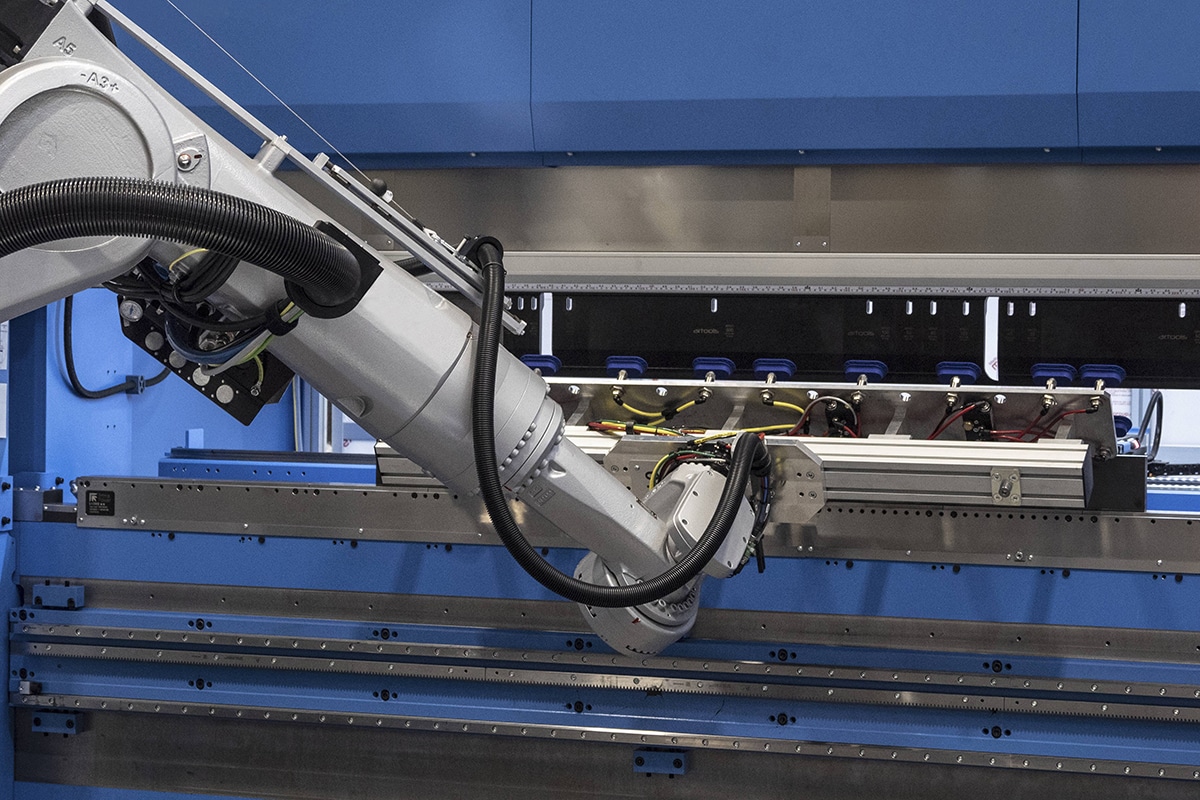
Security containers for storage and transportation
Cleaning cloths keep a wide variety of industries tidy. Consequently, they come into contact with a variety of substances and hazardous materials. To recycle them, the cloths must be collected, stored and transported after use under well-defined safety conditions. This is because textiles impregnated with oils, greases or solutions can naturally heat up or ignite under unfavorable conditions.
The certified SaCon safety containers are therefore an integral part of the cleaning cloth system in our MEWA textile sharing: they ensure safe handling of the dirty cloths. To this end, the SaCon has been tested by TÜV according to the international requirements of the ADR regulations and approved by BAM as packaging for hazardous materials. For this purpose, in addition to tests to ascertain whether the containers can withstand a fall from a great height without damage, a stacking pressure test and a test for the correct wall thickness were also carried out. The container is also regularly checked internally for compliance. External organizations monitor it.

Safe, durable and recyclable
The safety containers are stackable and can be placed on pallets. At the same time, thanks to integrated wheels and handles, they are easy to roll. The additionally offered locking system SaCon-fix - a GS-certified security system with EC type approval certificate - has a foot pedal for easy opening of lids. An automatic lifting system ensures that the lid closes automatically, with the airtight seal preventing fire.
"The containers are made of the plastic HDPE, which is considered particularly safe and resistant," emphasizes Michael Ballermann, head of technical services at MEWA. "They are also lighter than metal containers - and thus more ergonomic."
The safety containers are available in two versions: as SaCon and as SaCon antistatic, which is suitable for explosion-proof rooms and is recommended when solvents with a flash point below 55 °C are used. They are produced by RS Kunststoff, a subsidiary of the MEWA Group. All SaCon containers are regularly tested for their continued usability and have a maximum service life in accordance with ADR. Afterwards, they are recycled in an environmentally friendly manner by certified companies.



